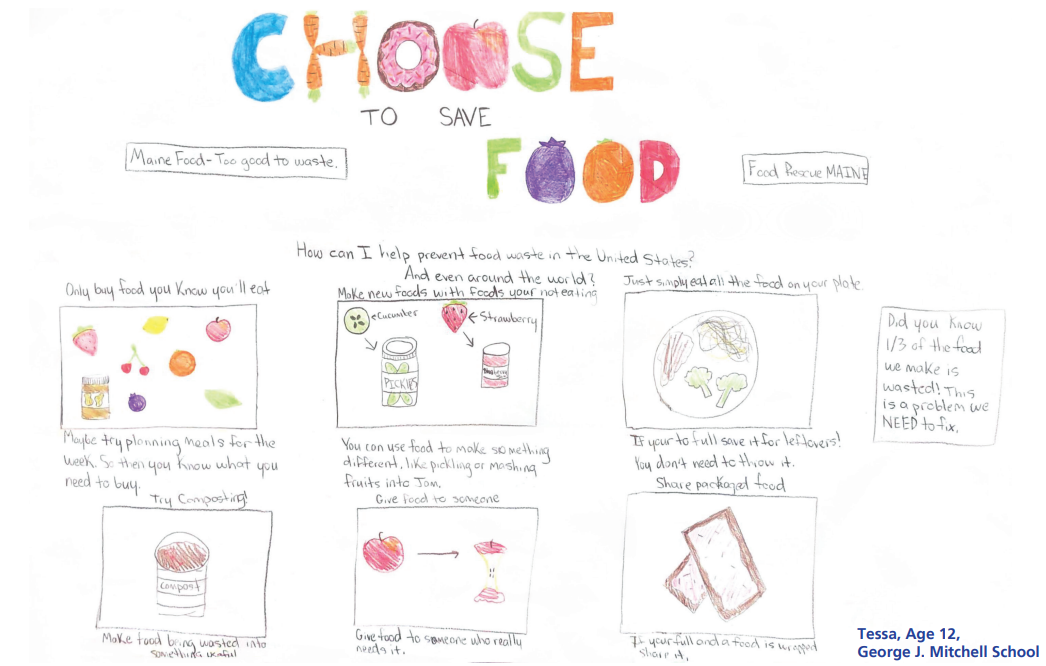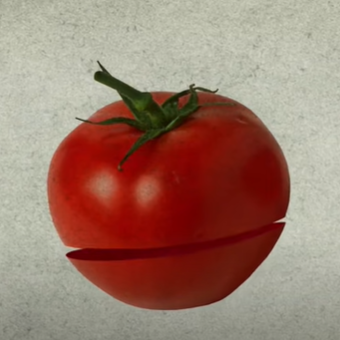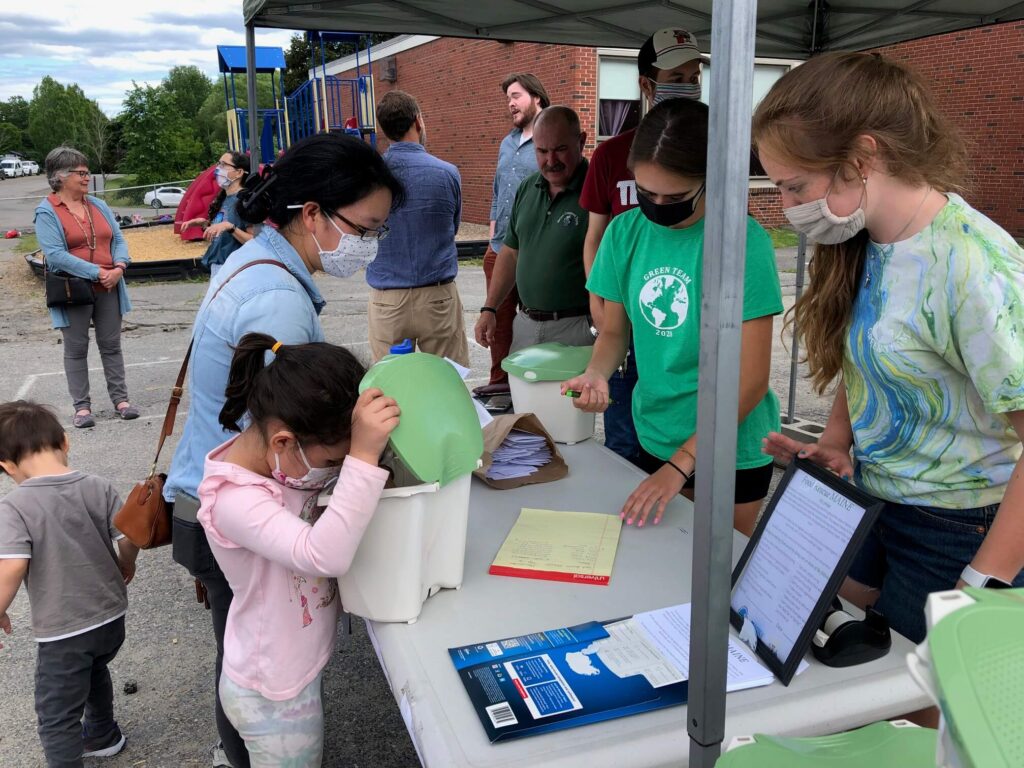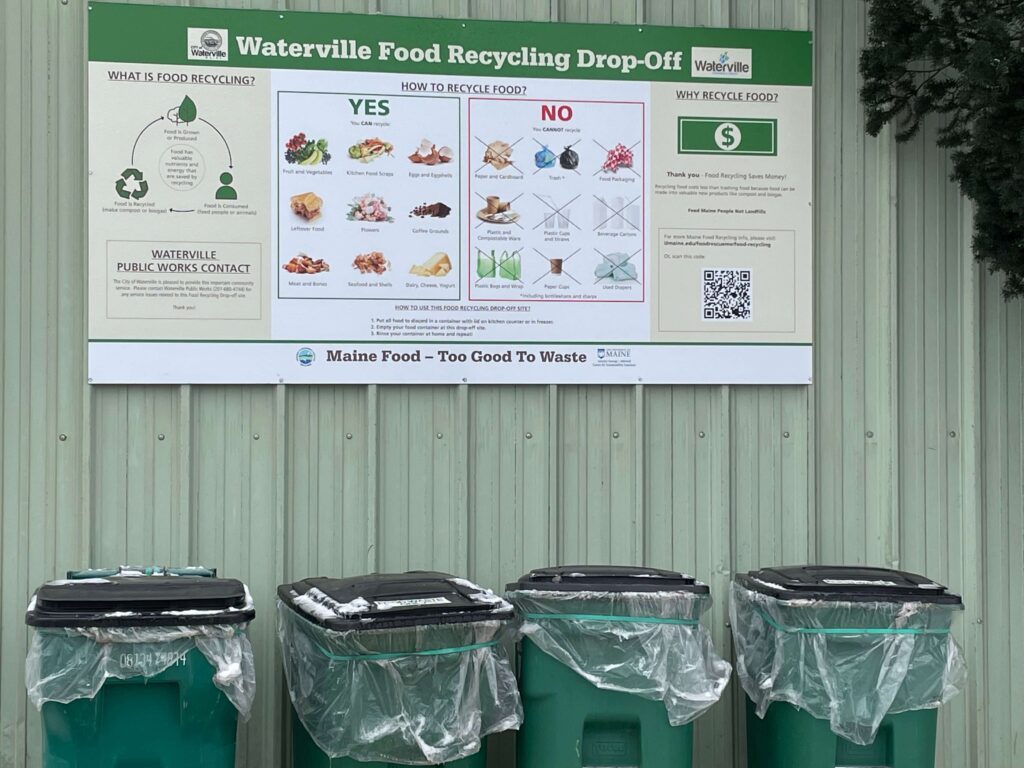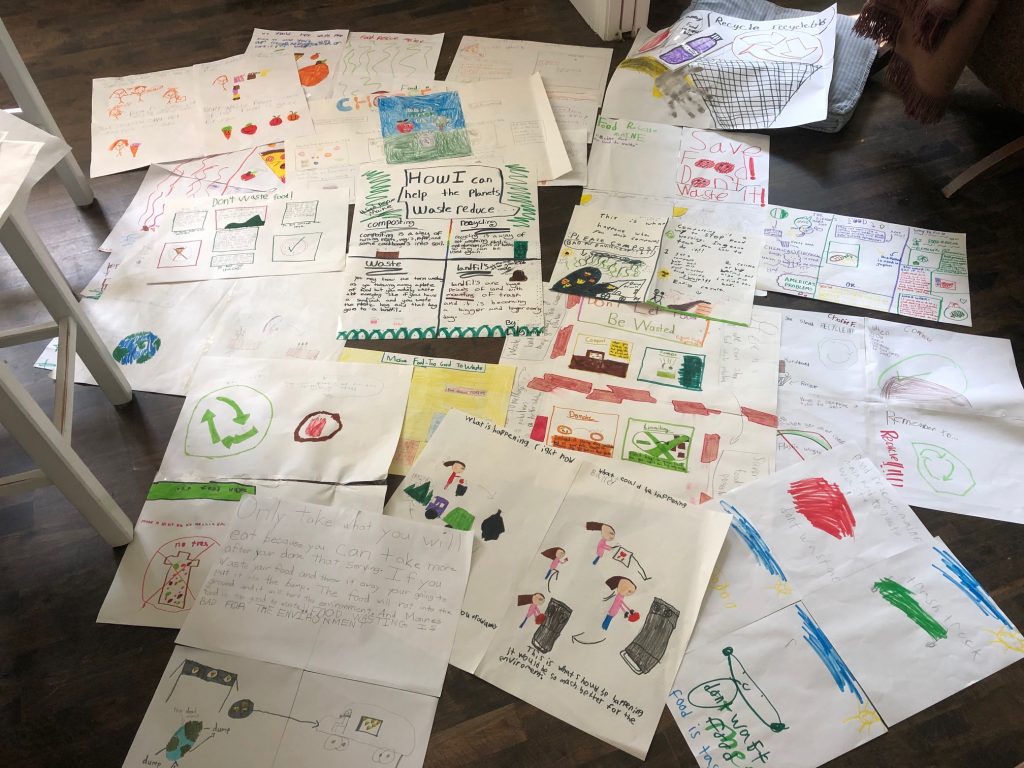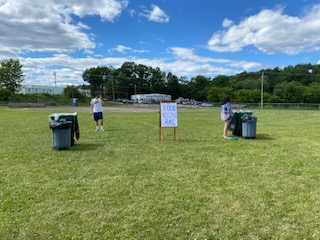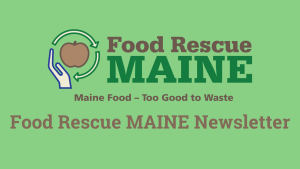Waterville Pilot Spotlight
Background
With Waterville being one of our first pilot communities, we were able to learn a lot from our community launch. For their launch event, we had the opportunity to work with Waterville students, and combine our efforts in both the community and their schools. It was through this launch that we learned how tremendously important it is to work with Maine’s youth as we continue to encourage food system education.
Getting Started
At the time of the Waterville Community Launch, we had not yet worked closely with any elementary schools. With an interest to reach both Waterville residents and young students, we jumped at the opportunity to work with the sixth grade Waterville summer program.
The summer program was the perfect place for students to be introduced to the wasted food topic. The teachers needed more material to occupy their students with, and the program was unique from traditional in-class curriculum, and had the flexibility we needed to start experimenting with what materials engaged students.
A few days before the Waterville Community Launch, the sixth grade students were given a slideshow presentation created by the World Wildlife Fund about wasted food. After watching the slideshow and discussing it together, the students were able to be a part of the Waterville launch a few days later.
Community Challenge Spotlight
If a strong food recycling program needs both the infrastructure and education, how do we go about educating a community?
Because Waterville was one of our first pilot communities, our work with them began during turbulent times in the Covid-19 pandemic. With smaller workforces and transitioning to online modes, it was difficult to find someone in town management that had the bandwidth for food recycling marketing and education efforts.
After Covid-19 settled down a bit, we were able to get in touch with the Waterville Public Library. It was through this partnership that we learned that we must have a community-based education partner from the start – like a school, library, or town office. Waterville’s library was excited to be a part of this new community effort and was incredibly helpful in taking some pressure off of town management. They were able to become a hub for information and have helped us distribute materials and resources for their resources throughout this pilot.
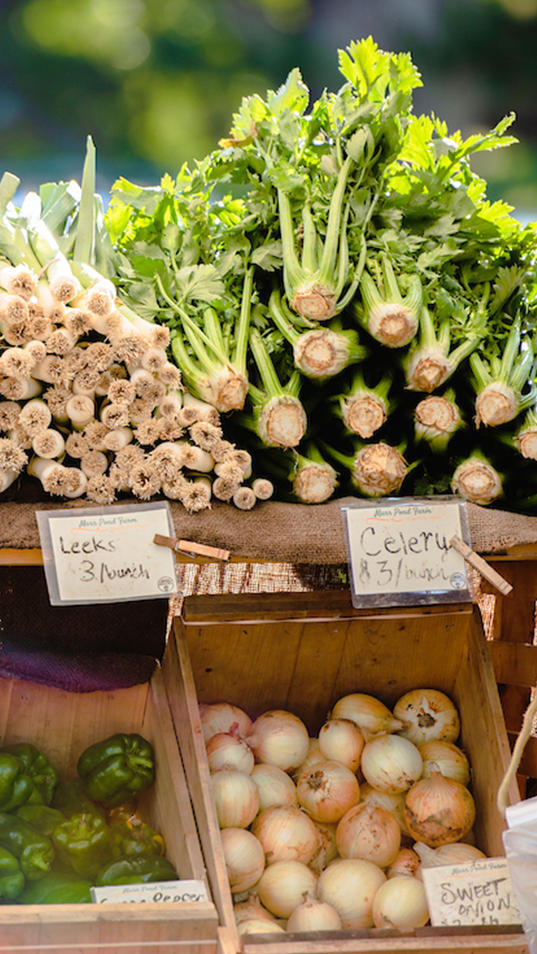
Recommended Actions
Work with a community partner outside of town management to help with outreach and coordination
In Waterville, the public library became an education hub, and was key in both creating and distributing education materials.
Our work with students at the Waterville launch also enabled us to have the opportunity to educate Waterville students about wasted food, and gave these kids a chance to be a part of their community
Ask around in your community to find out about organizations and individuals whose goals align with your food recycling journey!
Results
For the Waterville launch, we were fortunate enough to collaborate with the Waterville Public Library and the George J. Mitchell School. Librarians from the public library were key in helping to provide educational materials for the kids at the launch, and the day of the event, students came out and participated in the activities that FRM had planned for Waterville residents. They did activity worksheets, volunteered to run and oversee a relay race for the younger children in attendance, and participated in a poster competition- in which they showcased all of the information that they had learned about wasted food.
We were amazed to see how engaged the students were in this subject, and the poster contest revealed the truly impressive understanding that they had of wasted food, prevention strategies, and composting. Seeing how well the students engaged with this material inspired us to put newfound effort into getting food system education in schools.
Here are some of the activities that Waterville students enjoyed at the community launch:
Poster Challenge
At the Waterville launch, children were asked to participate in a poster competition. The winner of this contest had their artwork featured in a community informational poster
